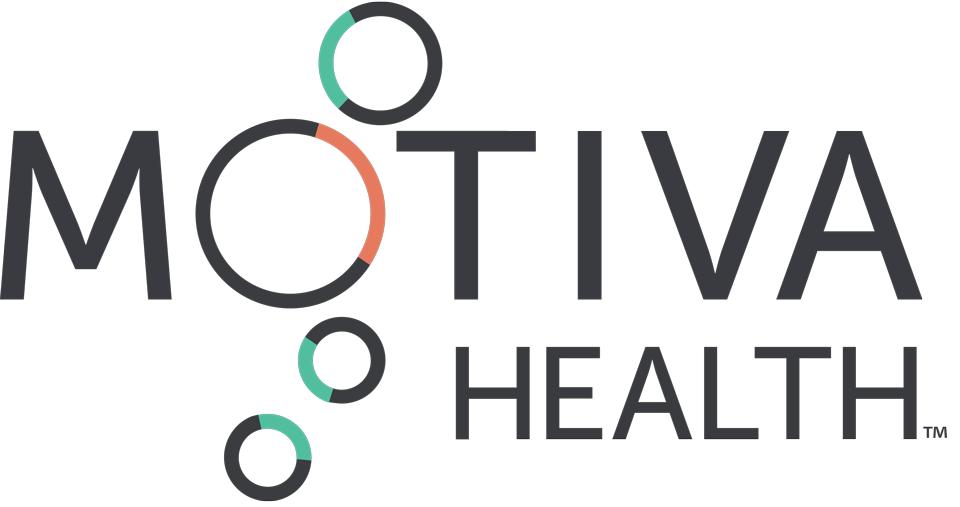Stress: Its Effect on Your Health & How to Cope With It
Stress: that uncomfortable feeling we have all experienced at one point or another, that anxiety held deep within our chests, that tension buried beneath the temples, that tightening of the shoulders, that clenching of the jaw, that furrowing of the eyebrow. Stress is a hot topic these days not because it is enjoyable by any means but because our society has simply become so well accustomed to living in chronic states of stress, busyness, fatigue, sleep deprivation, blue light overload, nature deficiency, and productivity addiction. Yes, these are real things, and while they may be common, they are not necessarily natural and definitely not recommended. So, what is the deal with all of this stress? Why is it important to discuss, what does it effect, and how can we find healthier ways to cope with it?
Stress: What is it?
Stress is the body’s natural reaction to a change in one’s internal or external environment that requires a response. As a result, stress can be both positive, such as receiving news of a promotion, or negative, such as thinking of a looming deadline at work. In addition, one’s level of stress is not always correlated to the realistic level of change or response needed; in fact, the level of stress one feels is entirely based upon one’s perception of the “stressor”, or change in the environment, which is why stressors affect people so differently.
Although it may not always seem this way, stress is actually a healthy evolutionary adaptation. Back in the days of cavemen, stress was a protector during dangerous situations that required rapid reaction. For example, if a mountain lion began to chase after a person, their body would undergo a chain reaction of stress (adrenaline coursing through the veins, heart pumping, shallow breathing, glucose flooding into the blood stream for quick use, etc.), and that person would be able to fight, flight, or flee from the danger. Today, however, those mountain lions have been replaced by difficult conversations with bosses, angry e-mails from colleagues, looming deadlines, traffic jams, alerting news stories, and much more. As a result, we are all in a constant, chronic state of stress, an unhealthy state for the human body.
Stress: How does it affect one’s health and wellbeing?
While occasional bouts of stress are normal and even healthy for the human body, such as the stress of an injury that triggers an immune response and consequential healing, large amounts of stress and chronic stress are not so great for our systems. Here’s why:
Stress takes a huge toll on your immune system, putting you at higher risk of catching a cold, flu, or other infection.
Stress disrupts digestion because your body under stress believes that it needs to send blood, glucose, and energy towards the most “currently vital” systems and parts of your body. For example, if you were running from a bear, your body wouldn’t be too worried about digesting the lunch you just ate; instead, it would be sending all of it’s attention to vital parts of your body that will help you to fight, flight, or flee from that situation.
Chronic stress causes constant levels of slight inflammation of the body, which has been linked to most chronic diseases, such as heart disease, cancer, stroke, hypertension, Alzheimer’s, and more.
Stress impairs your ability to deal with your emotions, thus potentially affecting your mental health as well as your relationships.
Stress disrupts quality sleep. Since sleep is the body’s time to detoxify, heal, rejuvenate, learn, solidify information, and much more, constant disruption of sleep is dangerous and puts people at higher risk of disease and more rapid aging.
Stress can make you gain weight in two ways. The first is that stress causes a cascade of hormonal changes in the body that makes it more prone to holding onto fat for storage; this is an evolutionary adaptation so that people could survive during stressful times when food supply was low. The second way is that stress often causes you to overeat and/or eat unhealthier types of food
Stress can cause permanent damage to the heart as a result of chronic constriction of the blood vessels and increased heart rate.
Stress can negatively affect your romantic relationships and wellbeing by causing a drastic decrease in libido.
Stress causes premature aging and wrinkling of the skin.
Stress: How can I better cope with stress and curve its negative consequences?
1. Change your perception. As was discussed earlier, stress is entirely a consequence of one’s perception of a certain change in the environment, rather than a direct consequence of the change itself. Since this is true and perception is under conscious control, we always have the choice to work on our mindsets around various seemingly stressful situations. While this may not be helpful or even safe to do while being chased by a bear, it is absolutely necessary and recommended to do so with chronic stressors related to work, home life, relationships, etc. Try framing these stressors in a different way, and see if it affects how you react to it.
2. Meditate and practice breathwork. By meditating, we become more conscious of our bodies, our minds, and our breath. This awareness allows us to become more in control of our thoughts, emotions, and overall state of our body’s wellbeing. Practicing breathwork alongside meditation helps to slow down one’s breathing pattern, trigger the parasympathetic nervous system (the “rest and digest” system), and consequently relax the entire body and mind.
3. Go for a walk and/or workout. These two options offer a wide range of benefits. First of all, both can help you get out of your head or at least spend some time thinking through a stressful situation so that it doesn’t seem so daunting. In addition, the endorphins that your body release during physical activity will help to boost your mood and simply make you feel better overall. Lastly, if you walk and/or workout outside, the fresh air will help to calm and rejuvenate you.
4. Spend time with loved ones. You know that old adage? The one that says, “Laughter is the best medicine”? Well, it’s correct. Carve out some time each day to catch up with friends, giggle with your partner, or unwind by playing with your kids. The benefits of social support and laughter are endless.
Now that you know the ins and outs of stress, including what it is, how it affects us, and what we can do about it, I hope that you can take some time out of your busy life to spend some quality hours with your loved ones, meditate and practice breathing slower, get your body moving in a way that brings you joy, and simply gain some perspective on whatever situation may be causing you stress. After all, the wise and well-known Bob Marley always said, “Don’t worry about a thing. Every little thing is going to be alright.”







